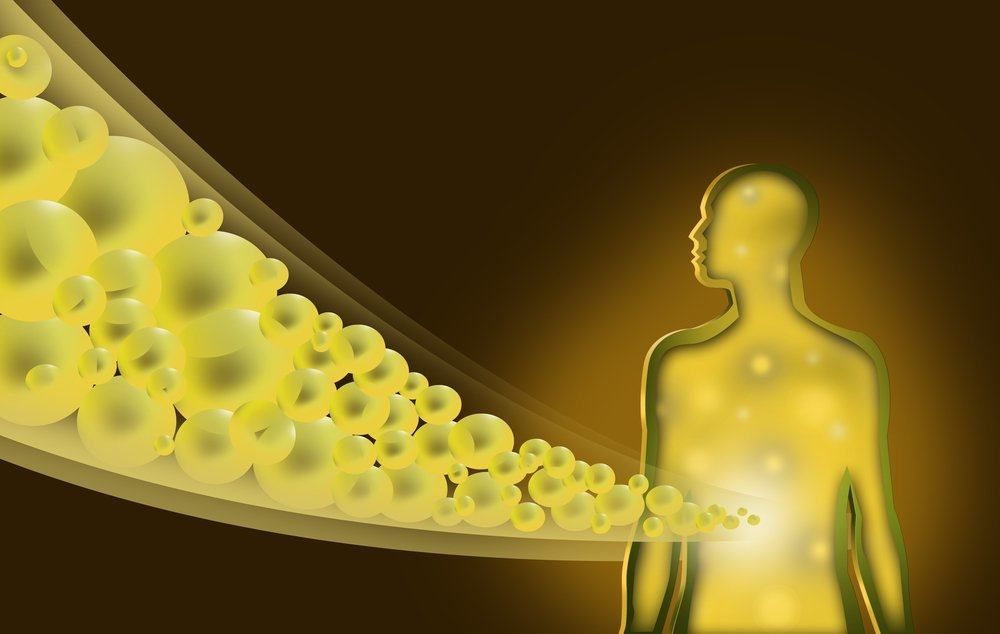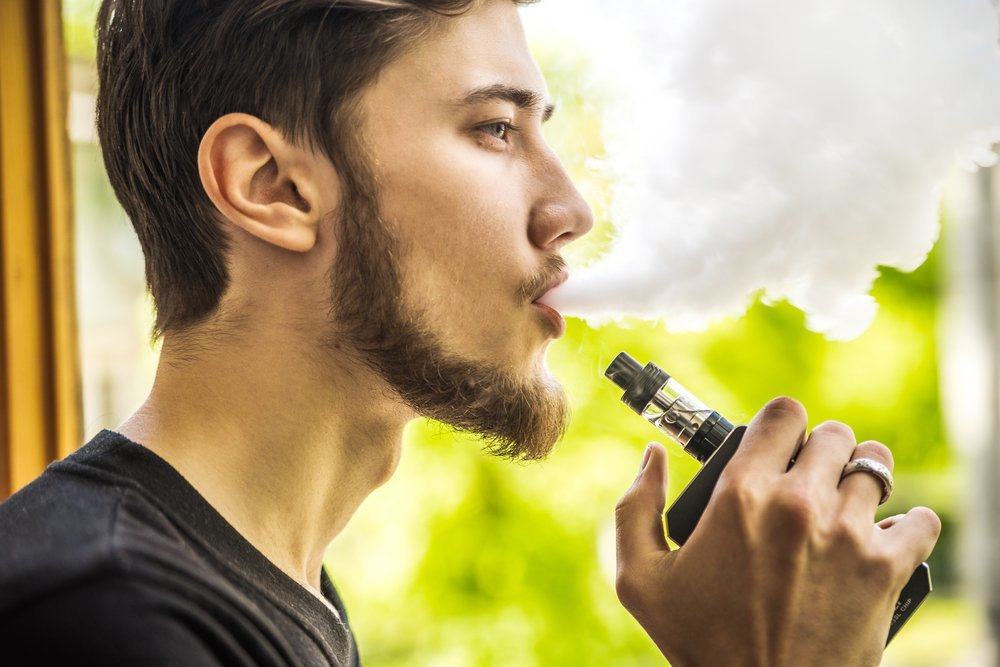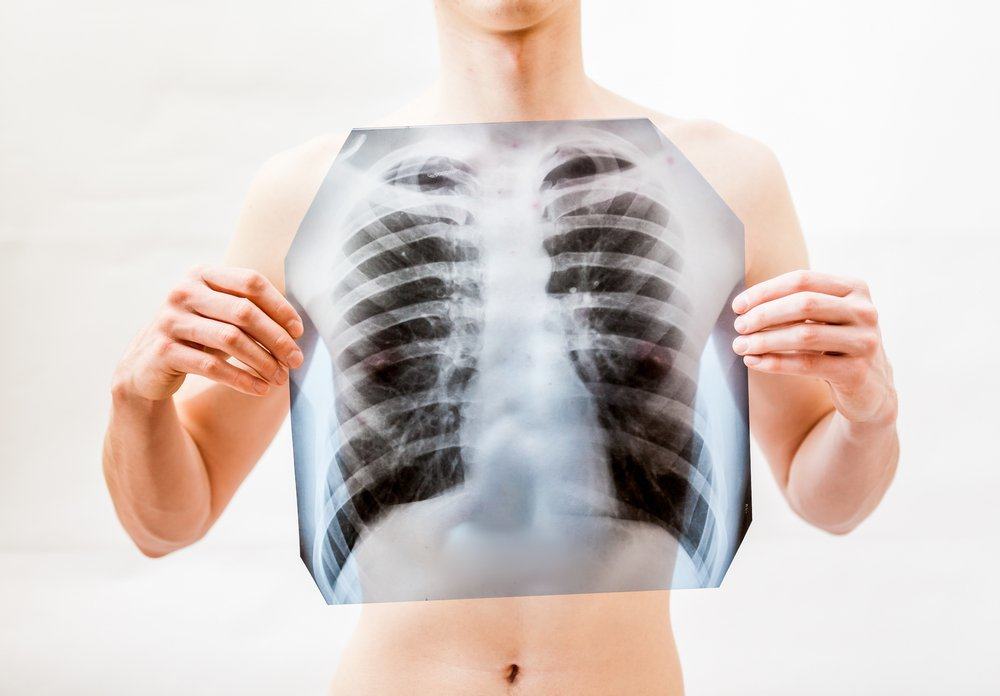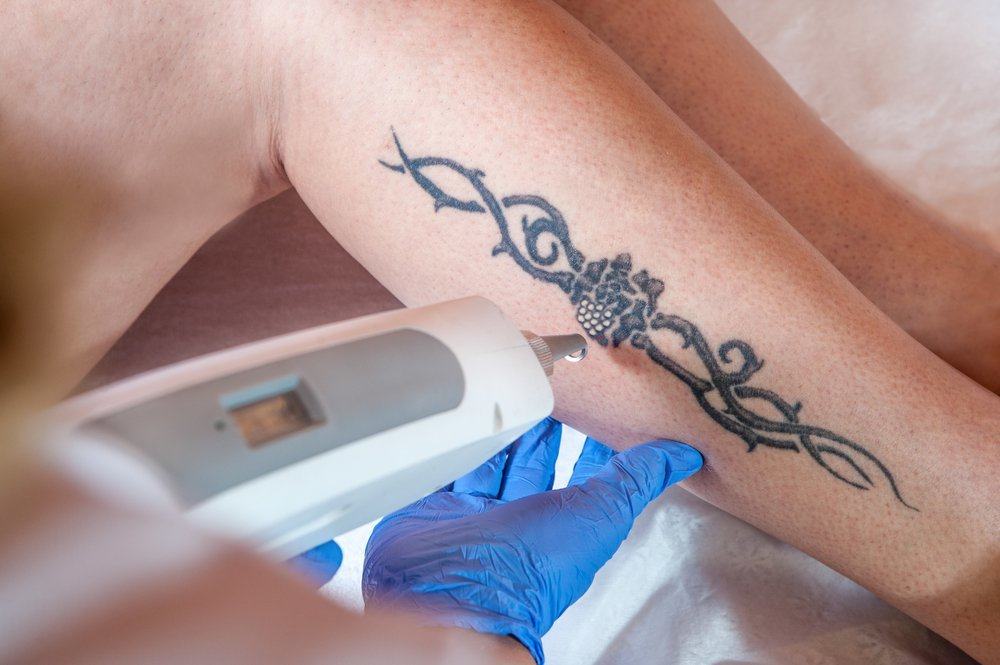Contents:
- Medical Video: Mayo Clinic Study on Alcoholic Hepatitis
- What is the effect of alcohol on liver function?
- Drinking alcohol can worsen the symptoms of hepatitis
- Drinking alcohol can interfere with the effectiveness of hepatitis treatment
- The onset of cirrhosis as a result of drinking lots of alcohol increases the risk of liver cancer in HCV patients
Medical Video: Mayo Clinic Study on Alcoholic Hepatitis
Positive diagnosis of chronic hepatitis C (HCV) is not an obstacle for you to go through daily routines, as well as having fun to relieve stress. But watch out! Partying, hanging out weekly night with friends, and other rah-rah situations involving liquor can potentially cause you to fall into binge drinking, aka drinking too much alcohol in a short time. Kthe combination of excessive alcohol consumption and active HCV infection can aggravate the symptoms of hepatitis and cause severe liver damage.
What is the effect of alcohol on liver function?
The liver has many important functions in the body, including helping digestion, filtering toxins in the blood, and helping fight infections and diseases. The liver breaks down the alcohol molecules you drink so it can be drained clean of the body. Eating too much alcohol can inhibit the work of the liver so that over time it causes damage or kills liver cells. As a result, fatty liver disease, alcoholic hepatitis, and alcoholic cirrhosis occur.
Eating large amounts of alcohol, even just for a few days, can trigger fat buildup in the liver, which is called fatty liver disease. Fatty liver almost does not produce symptoms, but this is a sign that your alcohol consumption is at a dangerous level. The bad effects of fatty liver and early-stage alcoholic hepatitis can be canceled if you stop drinking alcohol. However, damage from alcoholic hepatitis and severe cirrhosis is permanent, and can cause complications or even death.
Drinking alcohol can worsen the symptoms of hepatitis
Overall, alcohol consumption is a big risk for people with HCV infection. Doctors state that daily alcohol consumption of more than 50 grams (about 3.5 glasses per day) increases the risk of people with hepatitis from fibrosis and severe cirrhosis, as well as worsening hepatitis symptoms such as the development of advanced liver damage. However, even small amounts of alcohol can increase your risk of liver damage and advanced liver disease.
Drinking alcohol can interfere with the effectiveness of hepatitis treatment
Interferon is a choice of hepatitis drugs commonly prescribed by doctors,aims to reduce your risk of developing liver disease. However, excessive alcohol intake will counteract the effects of interferon therapy. Please note that the side effects of interferon therapy itself has the potential to make symptoms of hepatitis very difficult to overcome, even in patients who do not consume alcohol though.
In addition, complex treatments are difficult for the body of a person who is a heavy drinker to accept.Alcohol can also reduce the benefits of drugs to fight HCV. Avoiding alcohol is one step you can take to improve long-term health if you have hepatitis C.
The onset of cirrhosis as a result of drinking lots of alcohol increases the risk of liver cancer in HCV patients
Large amounts of alcohol intake are clearly related to cirrhosis, whether it is only alcohol consumption or in combination with HCV infection. Cirrhosis is advanced liver damage which has been shown to be a major risk factor for hepatoma, aka liver cancer. Therefore, alcohol is clearly associated with HCV in causing cirrhosis.
Given the adverse effects of alcohol on the development of symptoms of hepatitis, the person with HCV infection should begin to refrain from drinking alcohol.
Hello Health Group does not provide medical advice, diagnosis or treatment.












